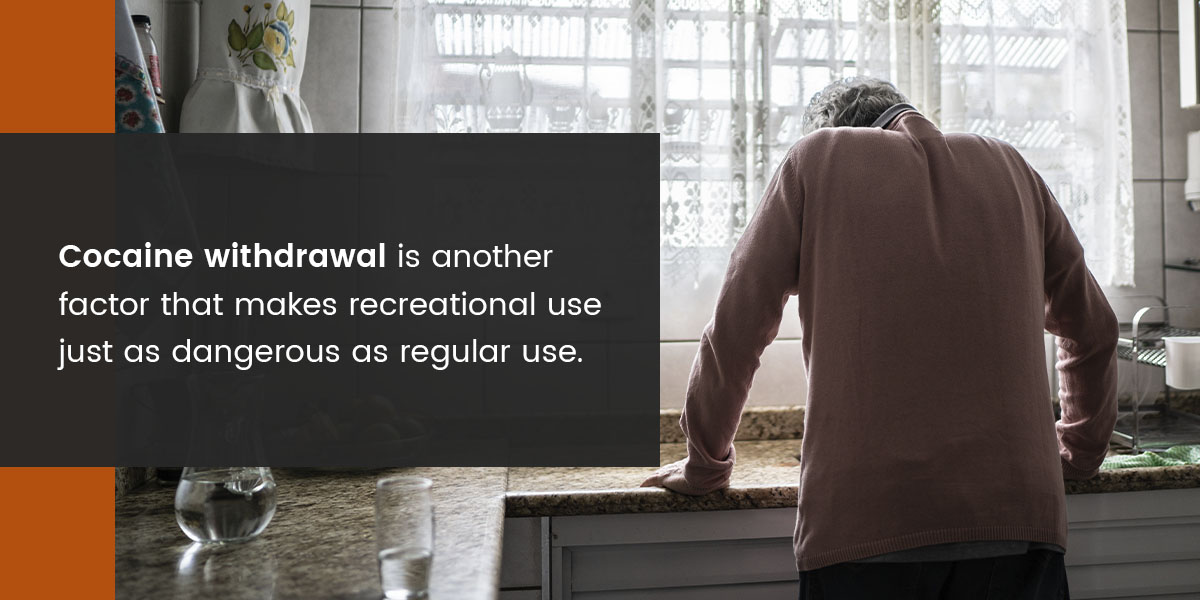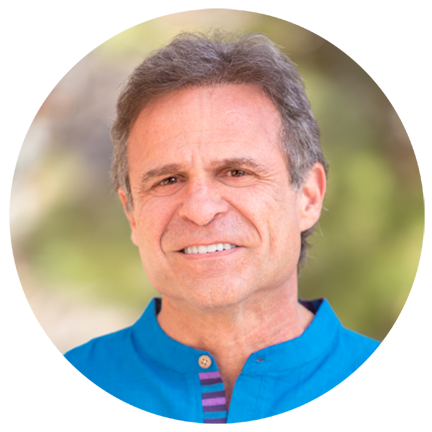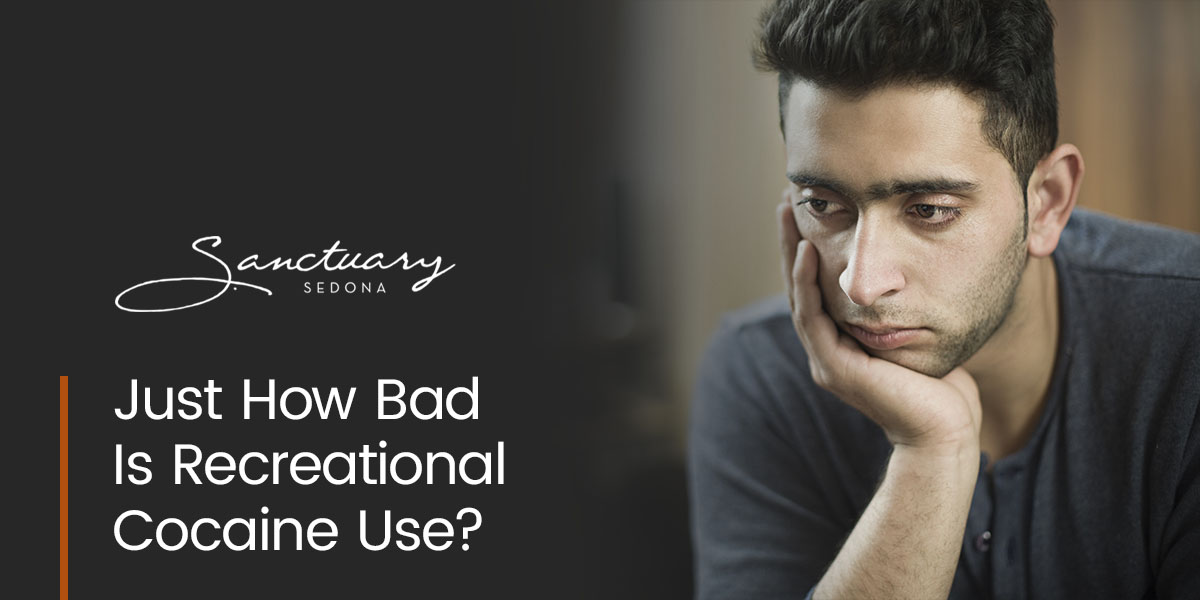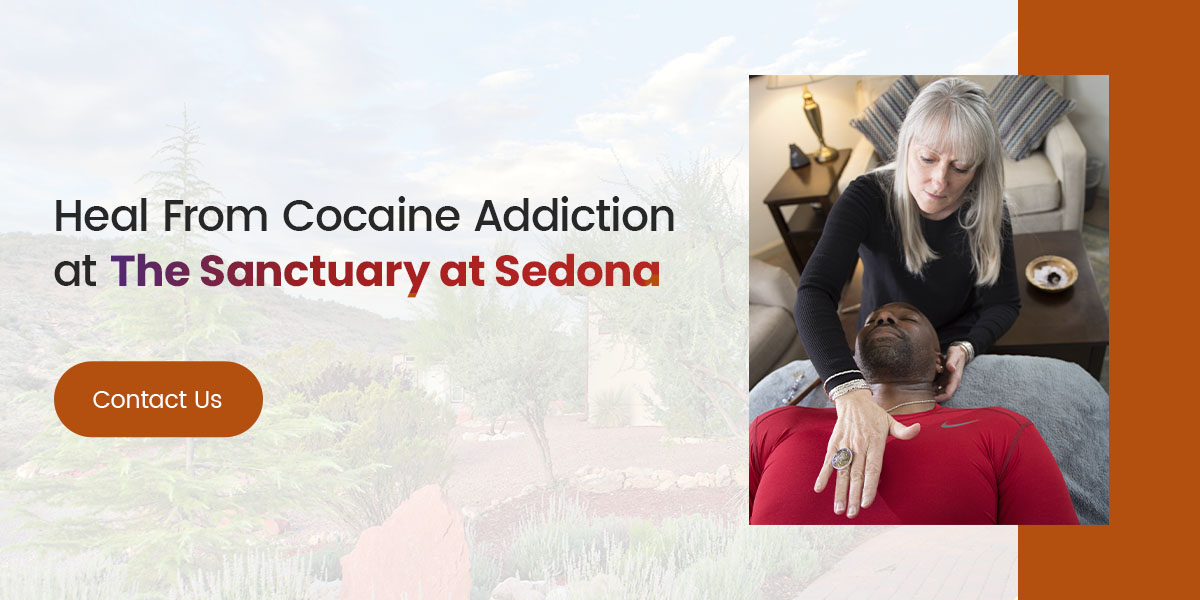Recreational cocaine use is not as casual as people may believe, and it can significantly affect a person’s health. A person can become addicted to cocaine after using it one time, making casual use a significant risk. Holistic treatment helps individuals break free from casual and regular substance use with evidence-based therapies, nutrition and support.
Why Is Cocaine Addictive?
Cocaine is addictive because it increases dopamine in the brain. Dopamine is a chemical the brain produces to motivate us. Healthy activities such as exercising, eating healthy foods and reaching goals naturally release dopamine, activating the brain’s reward center. Cocaine releases an unhealthy abundance of dopamine, causing an individual to lose interest in the healthy habits that usually activate their motivation.
A person’s tolerance increases each time they use cocaine, causing them to crave a higher amount of the substance to feel the same effects. This tolerance can quickly turn casual or recreational cocaine use into long-term, regular use.
Just How Bad Is Recreational Cocaine Use?
Causal or recreational cocaine use is just as dangerous as regular use. Whether you use it on the weekends, every day or at the occasional party, a cocaine habit significantly damages your body. Even one-time cocaine use places you at risk for serious disease, health complications, addiction and death. Cocaine-involved deaths increased by approximately 54% between 2019 and 2021, and they continue to rise.
The recreational use of cocaine is especially dangerous for young adults between the ages of 21 and 26 because the brain is still developing during this stage in life. Using drugs at any age is dangerous, but using them while the brain is still developing can cause long-term brain alterations and further increase the risk of dependence and addiction.
Cocaine Withdrawal

Cocaine withdrawal is another factor that makes recreational use just as dangerous as regular use. Using cocaine, even if it’s only once or twice, causes you to experience withdrawal symptoms such as the following as the drug’s effects wear off:
- Discomfort
- Depressed mood
- Restlessness
- Agitation
- Fatigue
- Unpleasant, vivid dreams or nightmares
- Suicidal thoughts
- Intense cocaine cravings
Cocaine’s Short-Term and Long-Term Health Risks
Is Cocaine Really That Bad?
Regular or recreational cocaine use places your body at risk for the following physical and mental complications:
Heart Strain
Cocaine is a seriously strong stimulant and vasoconstrictor, which means it makes your heart pump faster while at the same time contracting your blood vessels. This puts a huge strain on your heart. All this overworking creates tiny tears in your heart muscle, which turns into scar tissue over time.
Eventually, repeated cocaine use can lead to atherosclerosis, a disease involving dangerous levels of plaque buildup in your arteries. It also damages blood vessels in your heart, causes high blood pressure, and significantly increases your risk of stroke and heart attack.
Unhealthy Weight Loss
Cocaine causes people to lose weight at an unhealthy level. Since cocaine impedes dopamine transporters, decreases serotonin absorption and increases glucocorticoid production, it can suppress your appetite and alter your metabolism.
Individuals who use cocaine typically have a lower fat mass and body weight because the body absorbs fewer nutrients when cocaine is in the system. Your body needs nutrients to carry out important functions and maintain health, so restoring your nutrition is important for recovery.
Infertility
Cocaine damages your reproductive system, which can lead to problems with fertility later on. People may experience challenges or an inability to conceive after casual or regular cocaine use because it alters cells and can cause the following complications:
- Low sperm count or slow sperm movement
- Ovulation obstruction
- Meiotic spindle alteration that hinders the body from dividing chromosomes
HIV and Hepatitis
Because of ingestion methods that often include sharing rolled-up dollar bills or intravenous injection, individuals using cocaine are at high risk for transmissible diseases like Hepatitis C. If you unknowingly use a dollar bill or needle contaminated with another person’s blood, you can potentially contract a chronic, life-threatening or incurable disease.
Mental Health
Cocaine works quickly and powerfully and has a profound influence on the way your brain chemistry functions. Over time, its use rewires neural pathways, which has a number of effects. It can become harder to find joy in the things you once loved doing — sexual pleasure diminishes, stress levels rise and risks of suicide increase as a result of its deeply depressing come-down.
Cocaine users may become irritable, angry and impulsive, and generally experience such distressing mood states that they eventually seek out more cocaine to placate their discomfort. All of this serves to escalate use and perpetuate the cycle of addiction.
Dangers of Cutting Agents
In addition to all the health risks the drug itself poses, cocaine often consists mostly of unscrupulous cutting agents. These include levamisole, a cattle dewormer known to cause cancer and damage white blood cells in humans; benzocaine, a dental anesthetic that’s used to mimic cocaine’s numbing properties and is known to cause a blood disorder called methemoglobinemia; and ephedrine, among others. Because of its high levels of impurity and intense, immediate effects, it can also cause sudden death in high doses.
Additional Recreational Cocaine Use Consequences
Though its individual side effects are dreadful in and of themselves, worst of all is the damage to your relationships, family life, career, finances and overall happiness and well-being that is the inevitable end result of cocaine addiction. You may lose meaningful connections with friends, family members and romantic partners if you use cocaine. It can also hinder your work performance, cause you to lose your job or lead you to drain your bank account. The resulting isolation and loneliness can worsen a cocaine habit because it can cause you to use the drug as a coping mechanism.
Heal From Cocaine Addiction at The Sanctuary at Sedona
Recreational cocaine use is a serious habit that can quickly lead to addiction, significant health complications or personal hardship. The Sanctuary at Sedona offers holistic treatment to help you heal from cocaine addiction.
We treat more than addiction symptoms. Our integrative treatment program looks beyond addictive behavior to ask why it’s happening and solve its underlying causes. We believe that you can fully recover by addressing cocaine addiction on a mental, physical, spiritual and soul level, even if you’ve tried traditional rehab programs unsuccessfully in the past.
Contact us online, call us at (866) 825-6314 or email us at [email protected] to learn more about The Sanctuary and our integrative addiction treatment program.
He is the Founder, Administrator, Counselor at the Sanctuary at Sedona. He has a BA in Political Science and is currently Senior teaching staff at Four Winds Society, an international school of energy medicine. His credentials also include being an Ordained Minister; a Certified Shamanic Breathwork® Facilitator; a Founding Member Society for Shamanic Practitioners; a Member of Association for Comprehensive Energy Psychology; a Member of the National Institute for Holistic Addiction Studies. [email protected]


